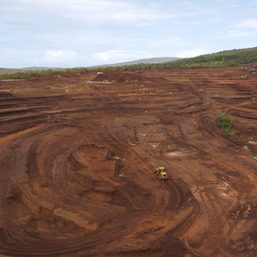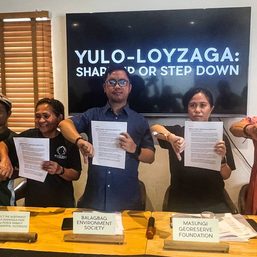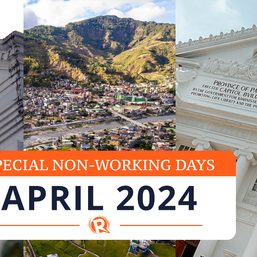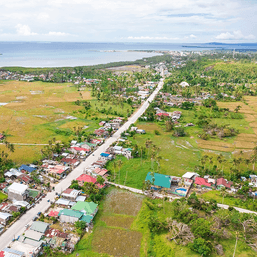SUMMARY
This is AI generated summarization, which may have errors. For context, always refer to the full article.
Baguio City is in danger of getting into another garbage crisis after its dumping area in Pangasinan was closed by the Department of Environment and Natural Resources two weeks ago.
The Baguio City Council, in its regular session last March 8, passed a resolution authorizing Mayor Benjamin Magalong to represent the city and to enter into a memorandum of agreement with Metro Clark Waste Management Corporation or other entities offering engineered sanitary landfill services at a lower cost and closer to the city to be used as its repository area for residual wastes.
This came after the sanitary landfill in Urdaneta, Pangasinan, was issued a cease and desist order by the Department of Environment and Natural Resources-Environmental Management Bureau (DENR-EMB) for being an open dumpsite instead of a sanitary landfill, among several violations.
EMB Ilocos regional director Dorica Hipe said the leachate from the dumpsite has already reached the Sinocalan River.
Baguio has a memorandum of agreement with the Urdaneta Waste Management on the use of the latter’s engineered sanitary landfill as a disposal field for the city’s residual wastes for 3 years, spanning January 1, 2019, to December 31, 2021.
Under the agreement, Baguio is obliged to bring all residual and some portions of mixed solid waste to the Urdaneta sanitary landfill; ensure the solid waste materials brought to the landfill contains no medical or toxic or hazardous waste from hospitals and clinics, and to pay the landfill operator the required tipping fee of P550, inclusive of value-added tax per ton, within three days from the date it receives the billing from the operator.
But on March 5, DENR-EMB, upon the recommendation of the Pollution Adjudication Board, closed down Urdaneta’s supposed ESL for violating the Clean Water Act, the Presidential Decree 1586 or the Philippine Environmental Impact Statement, and Republic Act (RA) 9003 or the Ecological Solid Waste Management Act.
The Urdaneta landfill, where Baguio has been transporting its residual waste, is located on an 18-hectare property owned by the city in Sitio Calegu, Barangay Catablan and has been operating since 2011.
Baguio was producing an average of 180 tons of garbage per day before COVID-19 struck. It’s now down to a daily volume of around 150 tons under the pandemic.
Thirty towns and cities, including Baguio, are paying Urdaneta for the use of its dumpsite.
Before Urdaneta, Baguio was transporting its residual trash to an ESL operated by Metro Clark Waste Management Corporation in Capas, Tarlac.
City General Services Office head Eugene Buyucan said Urdaneta had offered the city a cheaper tipping rate compared to Metro Clark company and is also nearer to Baguio than Tarlac, thus the shift to the services of Urdaneta.
Should the city enter into an agreement with Metro Clark Waste Management, Buyucan suggested that it be on a monthly basis only.
“This will make it easier for the city to transfer if it finds a landfill facility that offers cheaper tipping fees and is nearer,” Buyucan said.
Urdaneta Mayor Julio Parayno III said they would appeal to the DENR to allow their city to continue using the landfill for their wastes.
But EMB’s Hibe said Urdaneta might have a hard time reopening the ESL.
“We observed due process, we conducted sampling, confirmatory sampling. Once it was confirmed, that’s the time we build our case and endorse it to the central office,” she said.
“They scheduled hearings and conducted monitoring activities, issued a notice of violation, conferences, and then lastly the show-cause order. They were given a time frame until December last year to implement measures. They were given until the end of February but they did not comply,” Hibe added. – Rappler.com
Add a comment
How does this make you feel?










There are no comments yet. Add your comment to start the conversation.